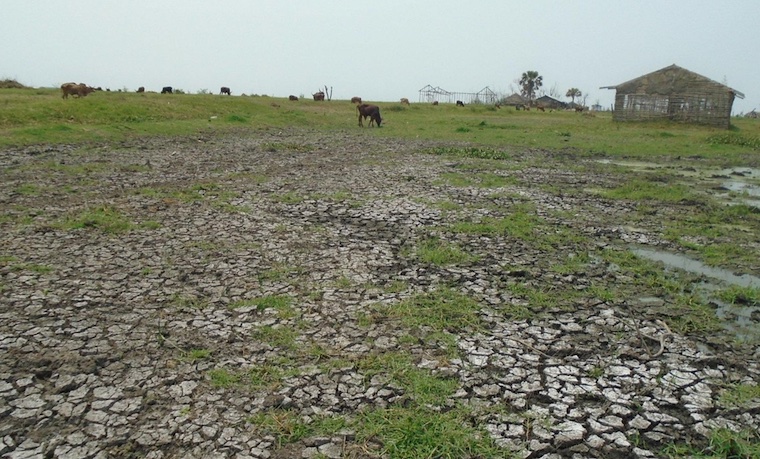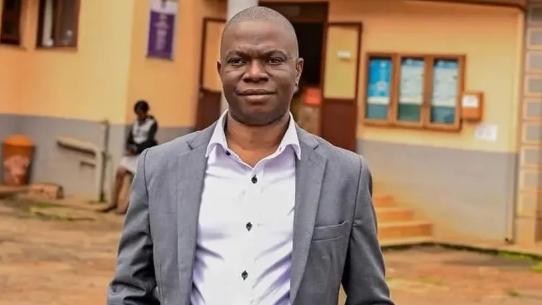90% of world's land to be degraded by 2050 - UNESCO

The United Nations Educational, Scientific and Cultural Organization (UNESCO) has warned that 90 per cent of the planet's land surface could be degraded by 2050, posing major risks to biodiversity and human life.
At an international conference in Morocco, Audrey Azoulay, director-general of UNESCO, appealed to the organization's 194 member states to improve soil protection and rehabilitation. She said UNESCO is also undertaking several actions to fill the scientific knowledge gaps in this field.
"Soil plays a crucial role in sustaining life on earth. Yet it is still often neglected or poorly managed. UNESCO is calling on the international community to make this a priority. With sixty years of experience in soil science, our organization will help states to advance knowledge and train professionals so that the necessary measures can be taken," announced Azoulay at the UNESCO International Conference on Soils on Monday.
In 2017, a report by CIAT found that 41 per cent of Uganda's total area is experiencing degradation, and 12 per cent is in a severe state of degradation. It said soil erosion was the most common form of degradation found on 85 per cent of degraded land. Areas badly or severely affected by soil erosion include the highlands of Kabale, Kisoro, Mbale, Rakai, and the cattle corridor districts.
Another study in 2014 estimated that 80 per cent of Uganda’s total surface area is erosion-prone resulting in soil losses of approximately 62 million tonnes. The National Environment Management Authority (NEMA) has found agricultural intensification without soil conservation practices can have significant detrimental effects on soil, including increased erosion, lower fertility, and lead to groundwater pollution and eutrophication of rivers and lakes.
Healthy soils are essential for maintaining ecosystems and biodiversity, regulating climate, producing food, and purifying water. However, according to the World Atlas of Desertification, 75 per cent of them are already degraded, directly impacting 3.2 billion people. And if current trends continue, this proportion will rise to 90 per cent by 2050.
Against this worrying backdrop, UNESCO and Morocco’s National Agency for the Development of Oasis and Argan Zones (ANDZOA) organized the international conference on soil on Monday, July 1 in Agadir, bringing together experts and representatives from over thirty countries.
The discussions have led to an action plan based on three key objectives: improving soil protection and rehabilitation, filling the scientific knowledge gaps in this field, and strengthening the commitment of young people and communities through education and training programmes.
A soil health index and a pilot programme, UNESCO will support its member states by establishing a "world soil health index" in coordination with its international partners. This index will be a standardized measure for assessing and comparing soil quality across different regions and ecosystems.
It will allow the identification of trends showing degradation or improvement, reveal which areas are most at risk, and enable a better understanding of the effectiveness of soil management practices. In addition to this index, UNESCO will launch a pilot initiative for the sustainable management of soils and landscapes in around ten natural sites that it helps to protect under its Biosphere Reserves programme.
The goal will be twofold: to assess the effectiveness of the management methods implemented in these sites, and to work to ensure that the best of these methods can be deployed in other regions of the world. Site managers will be encouraged to develop innovative soil conservation and land management projects.
Training will be provided for them, as well as for members of government agencies, conservation organizations and indigenous communities, to give them as many tools as possible to protect this essential resource. UNESCO said this initiative will also include an educational component through which UNESCO will raise awareness and involve the younger generations.








